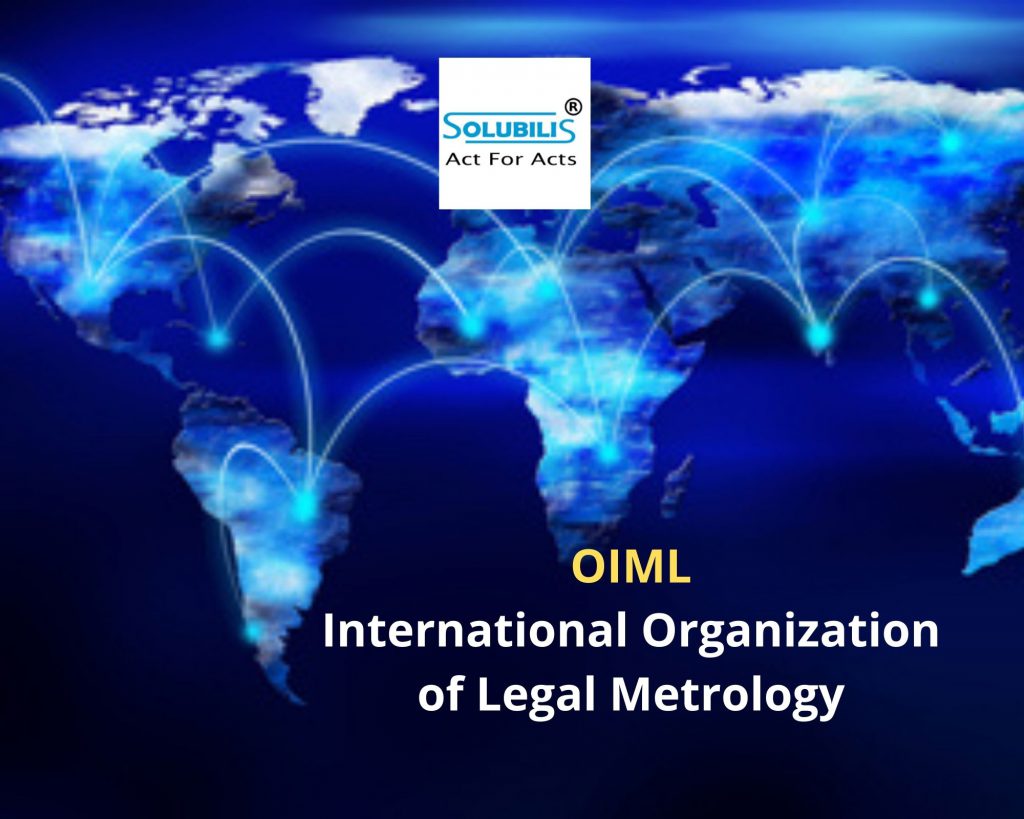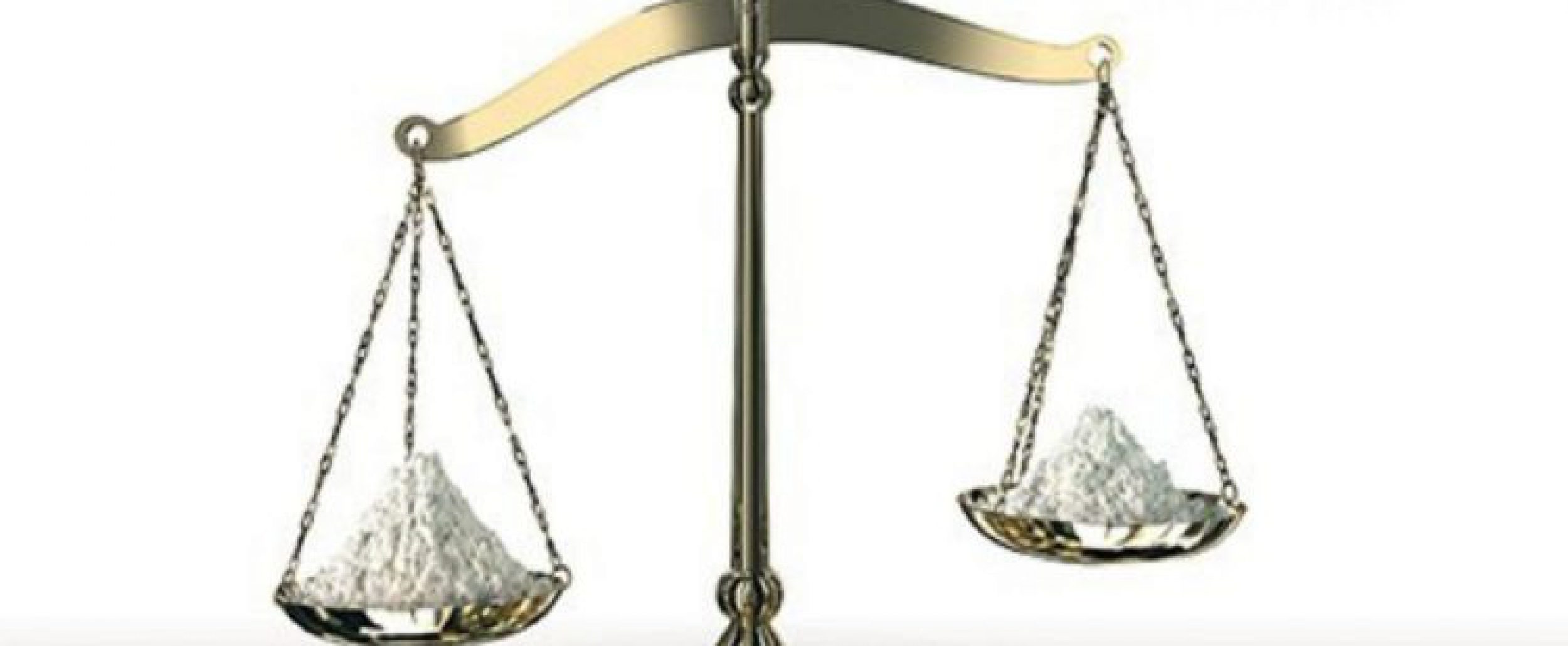What is OIML?

TALK TO EXPERTS
The International Organization of Legal Metrology (French: Organization Internationale de Métrologie Légale – OIML), is an intergovernmental association that was made in 1955 to advance the worldwide harmonization of the legal metrology methodology that support and work with global exchange.
Such harmonization guarantees that affirmation of estimating gadgets in a single nation is viable with certificate in another, in this manner working with exchange the estimating gadgets and in items that depend on the estimating gadgets. Such items incorporate gauging gadgets, taxi meters, speedometers, rural estimating gadgets, for example, cereal dampness meters, wellbeing related gadgets, for example, exhaust estimations and liquor content of beverages.
Since its foundation, the OIML has fostered various rules to help individuals, especially agricultural countries, to draw up fitting enactment concerning metrology across all features of society and rules on confirmation and alignment necessities of new items, especially where such adjustment has a legitimate effect, for example, in exchange, medical care and tax collection.
The International Organization of Legal Metrology is an intergovernmental arrangement that is in association which
- creates model guidelines, principles and related records for use by legal metrology specialists and industry,
- gives common acknowledgment systems which lessen exchange obstructions and costs a worldwide market,
- addresses the interests of the legal metrology local area inside worldwide associations and discussions worried about metrology, normalization, testing, confirmation and accreditation,
- advances and works with the trading of information and capabilities inside the legitimate metrology local area around the world,
- helps out other metrology bodies to bring issues to light of the commitment that a sound legal metrology foundation can make to a cutting edge economy.
The OIML issues a few categories of publications:
Global Recommendations, which are expected as model guidelines for various categories of estimating instruments, and which OIML Member States are ethically obliged to execute beyond what many would consider possible;
Worldwide Documents, which are enlightening and are planned for direction purposes; and different publications like Vocabularies, Guides, Basic Publications and Expert Reports.
Moreover, the OIML has fostered the OIML Certification System (OIML-CS). Under the OIML-CS members proclaim that they expect to acknowledge and use OIML Certificates as well as OIML type assessment reports from those members that are qualified for issue OIML Certificates.
The OIML is an “international standard-setting body” in the feeling of the World Trade Organization’s Technical Barriers to Trade Agreement. OIML publications ought to in this way be applied, when fitting, by all signatories of the TBT Agreement when creating specialized guidelines, in utilization of Article 2.4 of that Agreement:
Where particular rules are required and relevant overall standards exist or their fulfilment is certain, Members will use them, or the appropriate bits of them, as a justification behind their specialized guidelines aside from when such global principles or important parts would be an insufficient or improper method for the satisfaction of the genuine goals sought after, for example due to crucial climatic or geological variables or central mechanical issues.
Principle of OIML-CS
The OIML-CS is a system for giving, enlisting and utilizing OIML Certificates and their related OIML type assessment/test reports for kinds of estimating instruments (counting groups of estimating instruments, modules, or groups of modules), in light of the necessities of OIML Recommendations.
It is a solitary Certification System including two Schemes: Scheme A and Scheme B (see beneath).
The point of the OIML-CS is to work with, speed up and fit crafted by public and territorial bodies that are liable for type assessment and endorsement of estimating instruments subject to legitimate metrological control. Similarly, instrument makers, who are needed to get type endorsement in certain nations in which they wish to sell their items, should profit from the OIML-CS as it will give proof that their instrument type consents to the necessities of the applicable OIML Recommendation(s).

It is a deliberate system and OIML Member States and Corresponding Members are allowed to partake or not. Taking an interest in the OIML-CS and marking the OIML-CS Declaration will submit, on a fundamental level, the signatories to comply with the standards of the OIML-CS. OIML B 18:2018 builds up these guidelines by which signatories willfully acknowledge and use OIML type assessment and test reports, when related with an OIML Certificate gave by an OIML Issuing Authority, for type endorsement or acknowledgment in their public or local metrological controls.
Objectives
The objectives of the OIML-CS are
- a) To advance the worldwide harmonization, uniform translation and execution of legitimate metrological necessities for estimating instruments as well as modules,
- b) To keep away from pointless re-testing while getting public sort assessments and endorsements, and to help the acknowledgment of estimating instruments as well as modules under legitimate metrological control, while accomplishing and keeping up with trust in the outcomes on the side of working with the worldwide exchange of individual instruments, and
- c) To set up rules and methodology for cultivating common certainty among taking an interest OIML Member States and Corresponding Members in the aftereffects of type assessments that demonstrate similarity of estimating instruments and additionally modules, under legitimate metrological control, to the metrological and specialized prerequisites set up in the appropriate OIML Recommendation(s).
The different stakeholders might profit from the OIML-CS:
- a) For public legal metrology specialists from nations in which no test offices are accessible and where public sort assessments and endorsements are required, the OIML-CS offers a suitable arrangement;
- b) for instrument makers who are needed to acquire type endorsement, the OIML-CS might give proof that their instrument type conforms to the prerequisites of the pertinent OIML Recommendations, in this manner keeping away from duplication of type endorsement tests in various nations; and
- c) The OIML-CS furthermore gives formal proof to perceive and use OIML Type Evaluation Reports upheld by an OIML Certificate of Conformity.
Scopes of participation
There are three categories of members:
- OIML Issuing Authorities are similarity appraisal bodies from OIML Member States that issue OIML Certificates and related OIML type assessment reports as per Scheme An or Scheme B.
- Utilizers are public giving specialists or public dependable bodies from OIML (International Organization of Legal Metrology) Member States that use and acknowledge OIML Certificates and additionally OIML type assessment reports gave under Scheme An or Scheme B as the reason for giving a public or provincial sort endorsement.
- Partners are public giving specialists or public dependable bodies from OIML Corresponding Members that use and acknowledge OIML Certificates and additionally OIML type assessment reports gave under Scheme An or Scheme B as the reason for giving a public or provincial sort endorsement. Partners don’t have casting a ballot rights in the Management Committee.

